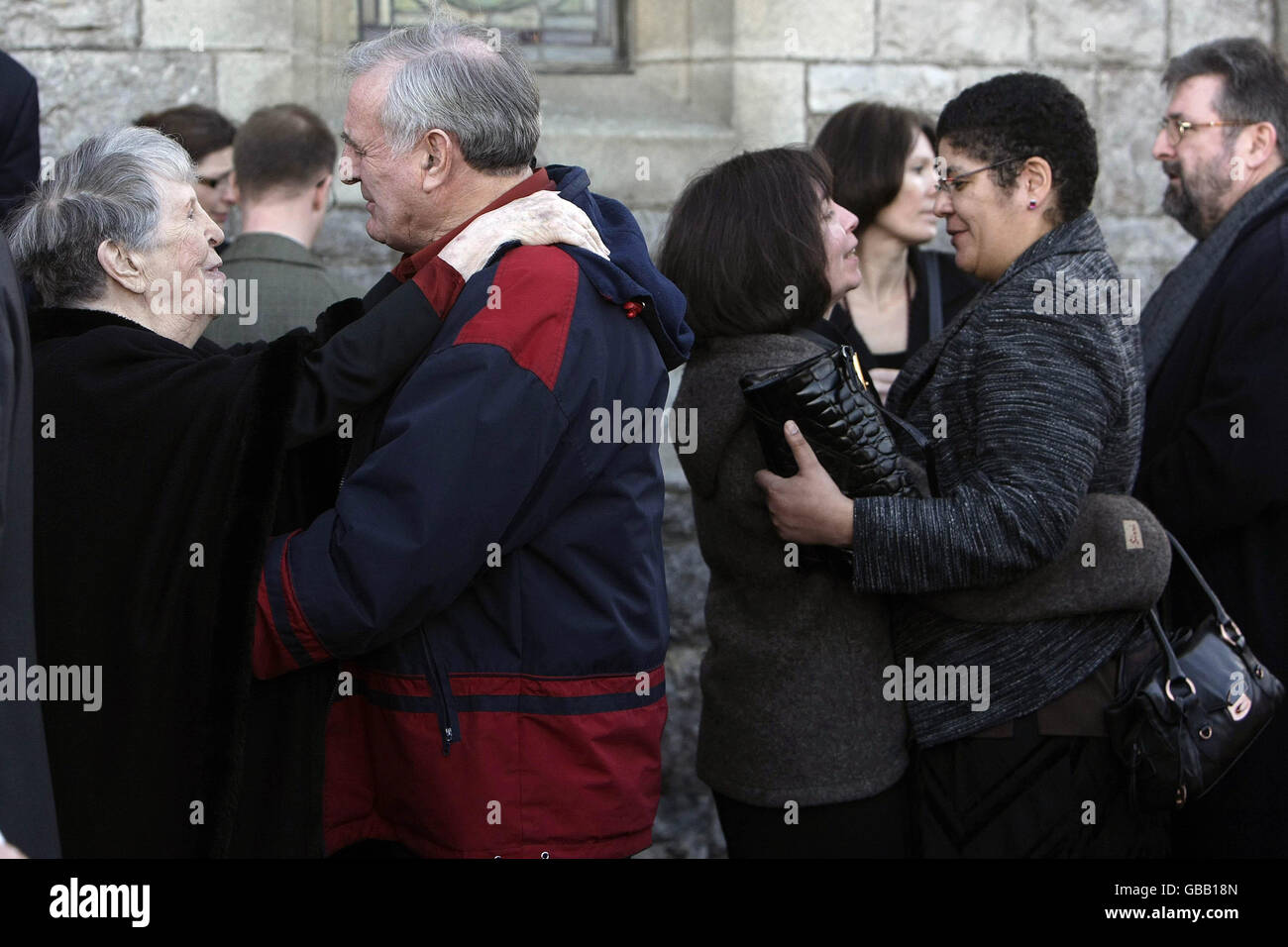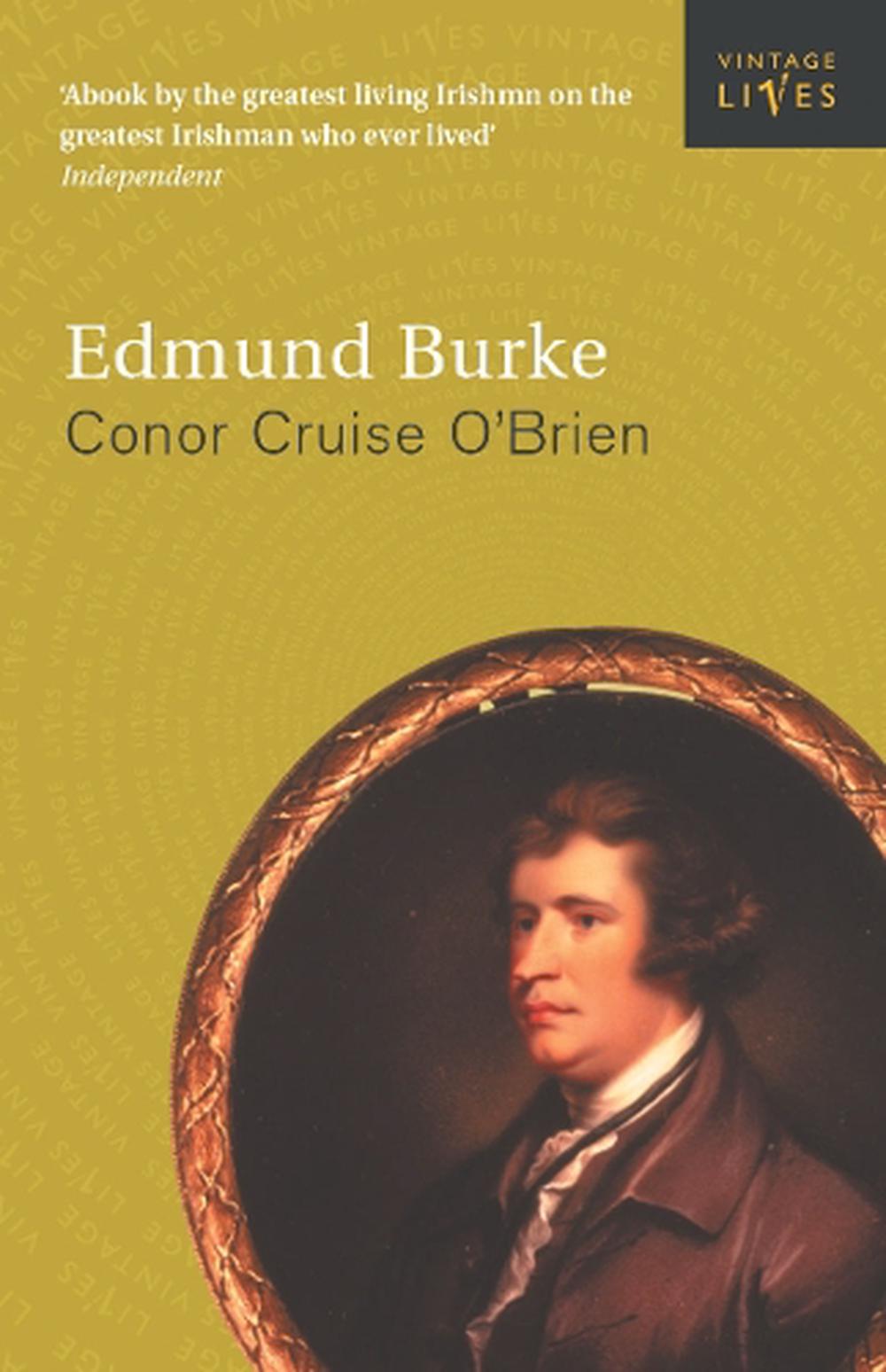Table Of Content

O'Brien was a maverick, both as a writer and politician, and to accuse him of inconsistency is beside the point. Some shrewd analysts viewed him as a fine intellectual led astray into public life by ambition and the desire to prove himself a man of action. Others saw him as a courageous radical nonconformist who challenged the forces of obscurantism. It is certainly arguable that, like Burke, he began as a Whig radical and ended up as almost a reactionary. The warring aspects of his personality partly had their roots in old Parnellite and home rule politics, which personalised and sometimes embittered public debate, partly in the example of the generation of French intellectuals that emerged after the second world war, partly in the liberal leftism of the 1950s, and partly in 1960s protest politics. But the crucible of all these was his own mercurial, restless personality and intellectual brilliance, backed by a historian's sense of history and the born journalist's flair for being in the wrong place at the right time.
Save article to Kindle
The issue on this occasion was O'Brien's attitude to possible British withdrawal from Northern Ireland. Following the burning of the British embassy in Dublin, on 2 February 1972, he claimed that ‘I reverted to my former view, which has been my view ever since’. British withdrawal, he maintained, would lead to ‘full scale civil war’.Footnote 134 O'Brien held firm to this position for the remainder of his life. Politically his stance to the left of mainstream liberal intellectuals reflected the complex interrelationship of the unfolding of his own thinking to the international politics of the 1960s. In his essay 'Contemporary forms of imperialism', published in autumn 1965 in the review Studies on the Left, he attacked neo-colonialism not as driven by economic interests, but as a modern form of racially premised domination, promoted through ideas of the containment of communism. In the spring of 1966 he condemned indiscriminate anti-communism in an essay entitled 'The counterrevolutionary reflex'.
Conor Cruise O'Brien, 91, Irish diplomat and writer; Paul Weyrich, conservative strategist
A UN section was being constituted in anticipation of Ireland's long-pursued membership of the UN, which was to take place on 14 December 1955. At the general election of March 1957, Fianna Fáil returned to power, and Aiken to External Affairs. Aiken was disposed to take a more independent line, and O'Brien and other younger colleagues favoured a non-aligned approach on the Swedish model (Katanga, 14–15). O'Brien advised that the litmus test was the vote in favour of a discussion on the representation of China, which Aiken agreed to support.
Opposition to the Vietnam War
Changing the Guard Conor Cruise O'Brien - The New York Review of Books
Changing the Guard Conor Cruise O'Brien.
Posted: Sat, 19 Dec 2015 23:16:31 GMT [source]
At the start of the 1960s, the Irish Army had not been involved in any conflict since the Civil War of nearly four decades earlier. The newly installed government of Taoiseach Seán Lemass decided that it was time for this state to start taking an active role in international affairs. If Lemass and his cabinet had known what awaited their troops in central Africa, they might have had second thoughts. Very much the flail of the IRA (and of Charles Haughey, subsequently a Fianna Fáil taoiseach), his opposition to any notion of a united Ireland began to attract a good deal of attention in mainland Britain. It was, appropriately, at the annual conference of the British-Irish Association, held in Oxford in September 1977, where the idea first took root in the mind of the Observer's former editor, David Astor, that Conor's academic and public distinction should be harnessed to the service of his old paper. He was opposed to the 1992 Maastricht treaty, and to projects of political union in Europe, more as a realist diplomat of the old school than on ideological grounds.
Ireland's Fissures, and My Family's
Like his friend Michael O'Leary he never truly ceased to be of the Labour party ('Saints, sinners and sincerity', Magill (July 1981)), though his attacks on Dick Spring's driving forward of the peace process were unsparing. O'Brien was the Labour party spokesman on foreign affairs and Northern Ireland, and part of a Labour delegation that went to the North in August, meeting as he later noted only nationalist representatives. He rapidly fell out with Noel Browne and David Thornley (qv); his relations with his third roommate in Leinster House, Justin Keating (qv), took longer to sour. Sustained loyally by Corish, Frank Cluskey (qv) and Michael O'Leary (qv), he continued to visit Northern Ireland, and on 12 August 1970 was beaten up at an Apprentice Boys' rally at St Columb's Park in Derry. Born in Dublin on 3 November 1917, O'Brien's career encompassed roles in the Irish civil service and then the UN, where he came to the attention of the secretary general, Dag Hammarskjold, who tasked him with leading the peace keeping operation in the Congo in 1960. O'Brien, who led the United Nations operations in the Congo in 1960, was Ireland's minister for posts and telegraphs in the mid-1970s and who became editor-in-chief of the Observer newspaper in 1979 for three years, died last night.
Holy War Against India
Mr. O’Brien departed for the more welcoming environment of N.Y.U., to lecture on literature and social issues. Conor Cruise O’Brien, an Irish diplomat, politician, man of letters and public intellectual who staked out an independent position for Ireland in the United Nations and, despite his Roman Catholic origins, championed the rights of Protestants in Northern Ireland, died Thursday. Our editors will review what you’ve submitted and determine whether to revise the article. Although his father was an agnostic, O'Brien's first school was Muckross college, a Catholic convent school.
Conor Cruise O’Brien dies at 91; Irish author became a prominent diplomat

He was active in the college debating society, edited the college magazine, and joined the Fabian society and the Labour party. The UN was supposed to provide a neutral buffer, but archive records released many years later show that the head of the UN, Dag Hammarskjöld, was fiercely pro-Western/anti-Communist and covertly gave his full backing to UN aggression towards the breakaway Katangans. Swede Hammarskjöld's top man on the ground was Ireland's rising star of the diplomatic corps, Conor Cruise O'Brien, who was left, after his boss was killed during the crisis, to carry the can for a blot on the copybooks of both Ireland and the UN. When Belgium officially relinquished its colony in 1960, it left behind a legacy of slavery and plunder.
O'Brien had already written to Aiken on 25 November advising that he had reluctantly come to the conclusion that he could no longer usefully represent the UN in Katanga, and if requested would be happy to resume service in the Department of External Affairs. In the wake of the episode in Élisabethville, it was conveyed to Aiken that, if O'Brien was not recalled to the department, Hammarskjöld's successor, U Thant, would call for his resignation. On 1 December both O'Brien and MacEntee, independently of each other, resigned from the department (Katanga, 315–29; Kennedy and Magennis, 183–8). He issued a statement the same day explaining why he was resigning to the New York Times and to the Observer, and gave a press conference on 4 December. In March 1961 the secretary general of the UN, Dag Hammarskjöld, first asked the Irish government to release O'Brien for service with the UN as its representative in Élisabethville (Lubumbashi).
Conor Cruise O'Brien: The Irishman at heart of Congo siege
In the aftermath, as the United Nations hastily repudiated the mission, Mr. O’Brien took the fall and left the world body. He recounted his version of events in “To Katanga and Back” (1962) and later wrote “Murderous Angels,” a play about Hammarskjold and Patrice Lumumba, Congo’s murdered premier, which was produced in Los Angeles and New York in 1970. With the Troubles raging in the North, his position made him a hate figure for many Irish, as did his later opposition to the peace effort aimed at bringing Sinn Fein into the government of Northern Ireland. In one, he was kicked by a policeman, and was in considerable pain for days afterwards. During this period, his play Murderous Angels was staged in Los Angeles and later had a brief run in New York – allegedly after black militants had brought pressure on some of the actors to pull out. He had become a hot potato, and the controversy continued when he later published his version of events in the book To Katanga and Back.
Cruise O'Brien was particularly vocal in opposition to partition during the 1940s and 1950s, as part of his official duties. Cruise O'Brien's university education led to a career in the public service, most notably in the Department of External Affairs. He achieved distinction as managing director of the state-run Irish News Agency and later as part of the fledgling Irish delegation to the United Nations. He later claimed he was something of an anomalous iconoclast in post-1922 Irish politics, particularly in the context of Fianna Fáil governments under Éamon de Valera.
Following his resignation, O'Brien made public his intention to publish a book about the difficulties he had encountered in the service of the U.N. Shortly thereafter, he received a letter from then acting Secretary-General U Thant advising him that unauthorized disclosure of U.N. Thant's letter serves as the preface of To Katanga and Back, an autobiographical narrative of the crisis in the Congo, which O'Brien published in 1963 despite U.N. In 1974–5, further tensions surfaced between O'Brien and his cabinet colleagues, as well as within the Labour Party, as a result of O'Brien's outspoken views on Northern Ireland. A ‘demand for it and insistence that it is on its way’, he protested, ‘actually mitigate against progress towards peace and reconciliation in the here and now’.Footnote 131 By the summer of 1975, O'Brien came into renewed conflict with some of his cabinet colleagues — again FitzGerald was his main antagonist.
Conor Cruise O'Brien: Irish intellectual with a long career as - The Independent
Conor Cruise O'Brien: Irish intellectual with a long career as.
Posted: Sat, 20 Dec 2008 08:00:00 GMT [source]
When called upon, he would put down his pen and enter the fray, more often than not emerging bruised and bloodied. However, the Congo chapter had earned him at least one admirer – President Kwame Nkrumah of Ghana, who invited him to become vice-chancellor of the university there. For a time this relationship went well, but the two drifted apart and O'Brien – never a man to stay silent long – was occasionally outspoken about what he felt were local breaches in civil rights and free speech. Nkrumah, becoming somewhat paranoid after an assassination attempt, deported several of O'Brien's European colleagues at the university. After an interval, O'Brien followed them voluntarily, becoming Albert Schweitzer professor of humanities at New York University.
Armed with the archive material, one expert concluded Hammarskjöld "knew in advance that the UN was about to take action in Katanga and he authorised that action". A decade before his execution for his part in the Easter Rising, Roger Casement led the campaign exposing the atrocities inflicted by the Belgians, who enslaved millions of natives to cultivate the world's new industrial wonder, rubber. Casement's friend Joseph Conrad captured a taste of this regime of terror in his shocking novel Heart of Darkness which became the movie Apocalypse Now. National Review, April 8, 1996, John Gray, review of On the Eve of the Millennium, p. 53.
On 11 July, the day after Belgian paracommandos had arrived in Élisabethville for the stated purpose of protecting the European population, Moise Tshombe proclaimed the independence of Katanga province. The new Congolese government in Léopoldville (Kinshasa) asked for UN military assistance. On 17 January 1961, Patrice Lumumba, the charismatic prime minister of the Congo, who had been taken captive, was murdered by Tshombe's troops. In May 1954 the second inter-party government took office and Liam Cosgrave was appointed minister for External Affairs.
Eventually he returned to Ireland, where there had been a swing to the left politically, and stood as a Labour candidate in a Dublin constituency. Unexpectedly, he won a big vote and became embroiled with his bete noire, Haughey, for whom he later coined the word Gubu – standing for "grotesque, unusual, bizarre and unprecedented". O'Brien attacked Haughey over his role in the arms crisis, a cause celébre at the time, in which certain Fianna Fail politicians were alleged to have tried to smuggle arms shipments to nationalists in Northern Ireland. In the Department of External Affairs, during the 1948–51 inter-party government, he served under Seán MacBride, son of John MacBride and Maud Gonne, republican and former IRA Chief of Staff, who would become the 1974 Nobel Peace Laureate.
With Máire he campaigned against the Vietnam war, and sustained in December 1966 a severe kick in the hip from a New York policeman ('no prizes for guessing his ethnicity') at an anti-war demonstration in Manhattan at which they were both arrested. He was consistently critical of the passivity of American policy towards South Africa and Rhodesia. He visited Biafra in mid-September 1967, and asserted the rights of the Ibo in an extended piece for the New York Review of Books, and in the Observer, rejecting any equation of Biafra with Katanga. He supported Senator Eugene McCarthy's anti-Vietnam war campaign for the Democratic presidential nomination in 1968. His concise and brilliant, if coldly unsparing, Camus (1970) belongs to his New York period.


No comments:
Post a Comment